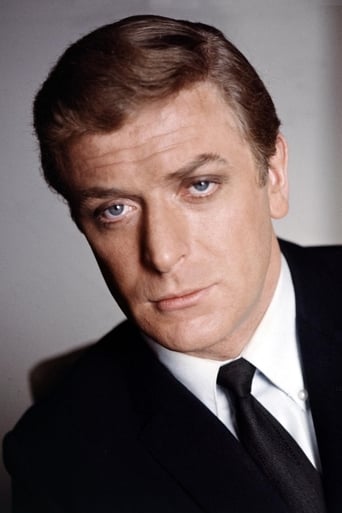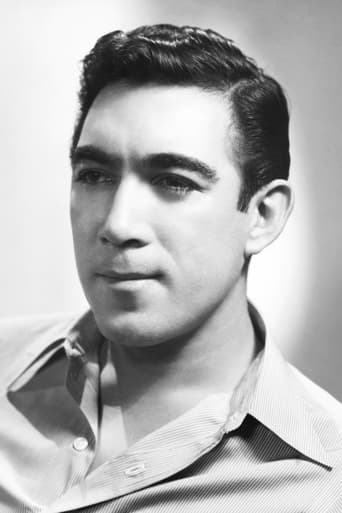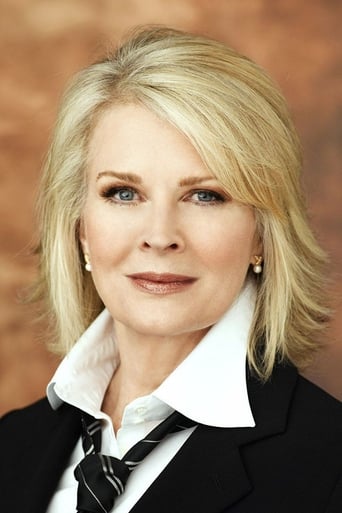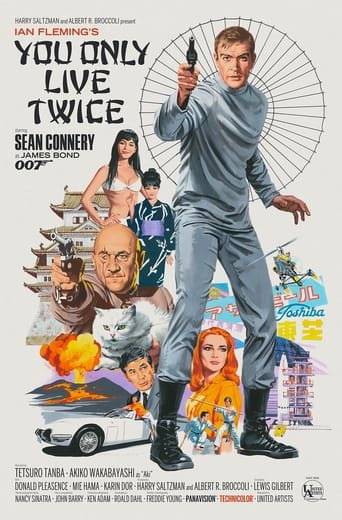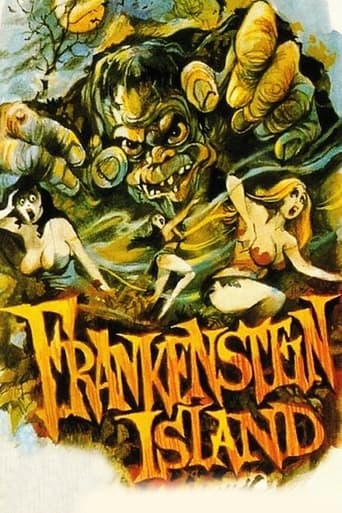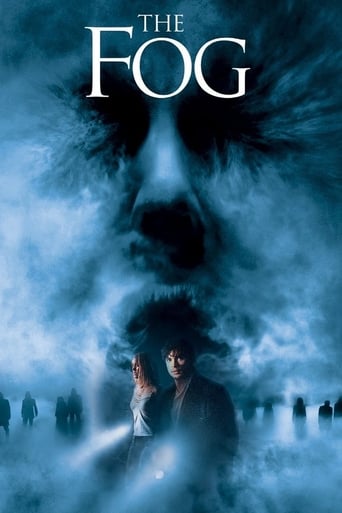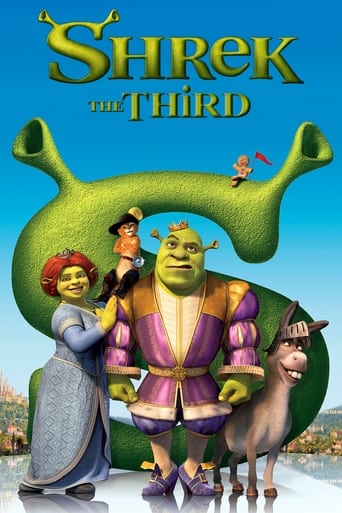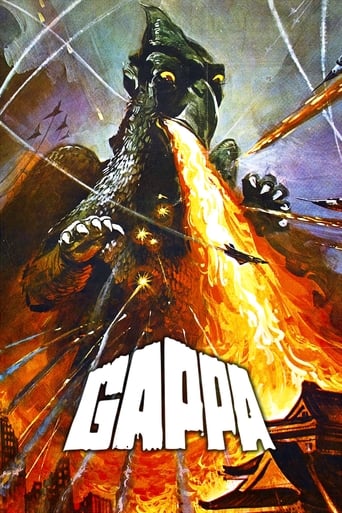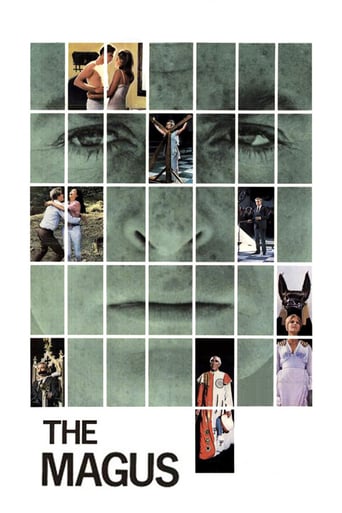
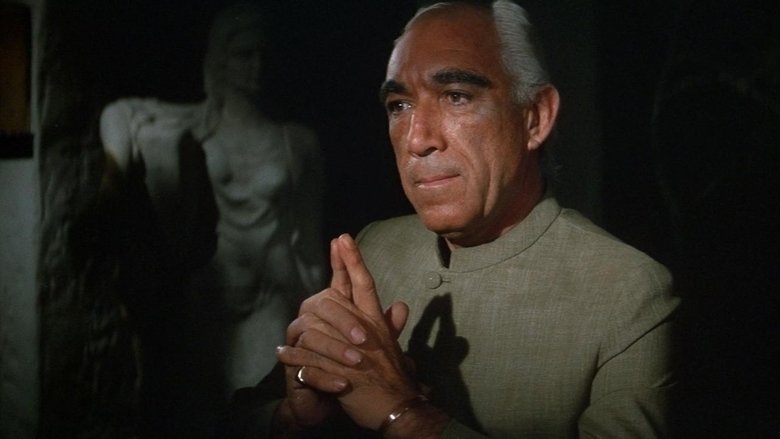
The Magus (1968)
A teacher on a Greek island becomes involved in bizarre mind-games with the island's magus (magician) and a beautiful young woman.
Watch Trailer
Cast
Similar titles
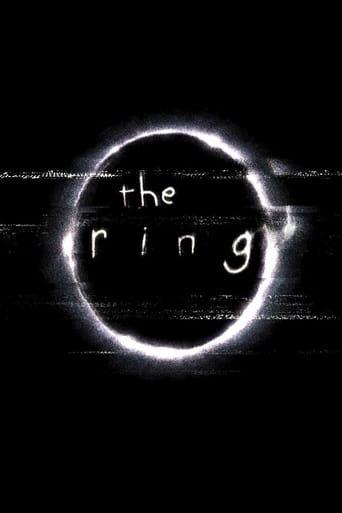
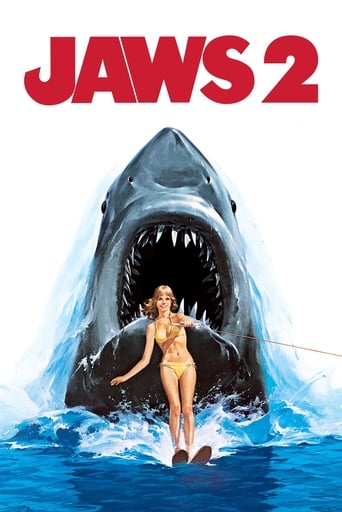
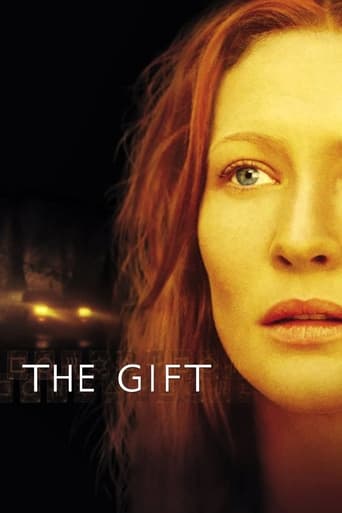
Reviews
Don't Believe the Hype
It's fun, it's light, [but] it has a hard time when its tries to get heavy.
It's an amazing and heartbreaking story.
This film is so real. It treats its characters with so much care and sensitivity.
Don't get me wrong. I've never tried the drug myself, but what I've read and learned about LSD is that it's a dangerous psychedelic drug. It produces hallucinations. Users see, hear and feel things that seem real to them, but don't really exist. So, this movie is like a big LSD trip. Or, it's plot, if one can call it that, is imaginary but it isn't. Or is it real and not imaginary? I've never read any of John Fowles works. He was writing around the time I graduated from high school, served in the Army and went to college. I've heard and read about him, but his writing style and topics never appealed to me. So, I wouldn't be able to compare this film to his novel by the same name. But, I've always thought that a movie should stand on its own – no matter how faithful it is to its source material. That closeness or diversion from source material, of course, is one area of criticism. But, a film (or play) is based on a plot (or so we're taught in traditional theater) and much more. It's the story, the sets and scenery, the technical works, and most importantly, the directing and the acting. "The Magus" seems to be "plotless." Unless one considers that the message or conclusion is that Nicholas Urfe, played by Michael Caine, is a self-centered, selfish, uncaring, pleasure-seeking, and otherwise heartless waste of a human being. But, I got that much in the first few minutes of the film – before all the machinations in the Mediterranean materialize (or, do they?). I can't really say much about the acting because the roles are multi-faceted parts in a segmented plot that doesn't really exist. I know – it really doesn't make sense, does it? But, it's called art. I chuckle, and hope you do too. So, Fowles wrote in the 1960s. That was the time of the hippies, the so-called sexual revolution, and the emerging drug culture. Timothy Leary was expounding on the merits of LSD. He taught at Harvard and the University of California at Berkeley. He surely had considerable influence with the young generation of that time (many of us excluded, of course). Perhaps he influenced Fowles in his writing. Or, was it the other way around? Or, perhaps mutual?Whatever influences there were in the time of this film (also made in the 1960s, you will note), one today might choose between watching this movie or taking some LSD (is that the correct term?) to achieve the same effect. That is, minus any euphoria, if there is such associated with LSD. But, of course, I recommend neither. My three stars are for the beautiful scenery and camera work. I would have given one more, but the musical score was so bad and out of place that it even detracted from the scenery. Incidentally, the movie is misleading on the meaning of the title. Anthony Quinn or Michael Caine's character explains that it is Latin for magic. That's a very minor definition. A Magus was a hereditary member of a pagan priestly class in ancient Media and Persia. The word is more commonly applied in modern times to sorcery. That's quite different from the tricks and illusions associated with modern magicians.
A puzzle within a paradox of a film - as was intended by the author.Caine dismissed it as one of his lesser films.Central is a quote from T.S.Elliot's Little Gidding reflecting on the meaning of existence ( We shall arrive at where we started from,and yet know the place for the first time)The film spirals around the central character's convoluted conversations with the Magus (Quinn)without obvious resolution.Yet once reported ( supposedly by Fowles) that Bergen's character was the sister of Ann and the meeting with the Magus intended to highlight to Caine's character his selfish treatment of her which led to her demise.
Since THE MAGUS is a confusing puzzle that really has no solution, one should sit back and enjoy the scenery. Set on a "remote Greek island," it stars a very uptight Michael Caine as a teacher working at a school for boys who gets caught up in mind games with local wacko/mystery man Anthony Quinn and his daffy girlfriend Candice Bergen. Quinn, looking like Pablo Picasso with white hair and striped sailor shirt, is actually pretty good but Caine looks like he's ready to explode. Bergen, although stunning, should NOT put on a British accent EVER. She's not very good at that type of thing. Guy Green's direction is fine, but unless you have infinite patience with the circular logic of the film, you will not enjoy it. A real sour note is the casting of the effervescent Anna Karina in the completely joyless role of Caine's girlfriend. After seeing her in the likes of A WOMAN IS A WOMAN and A BAND APART, her presence here is quite jarring.
I saw this first in the evening aboard a naval ship, before going up to the bridge for the midnight to 4AM watch. It was a very interesting 4 hours, after which I had a real interest in reading the book. As with most novels, it would be very difficult to re-create on screen. The movie though, gave enough of a flavor of the continuous surprise twists that it draws you in to the mystery of trying to figure out what is going on. I have most of it on a video tape somewhere, and don't remember it as being very good. John Fowles agrees with me. He also said in an interview that he didn't think much of the book, but many people disagree with him on that. It was at least another version of the theme, and visually very interesting. I rated it high because it caused me to think and explore Fowles works further, for which I am very grateful.
